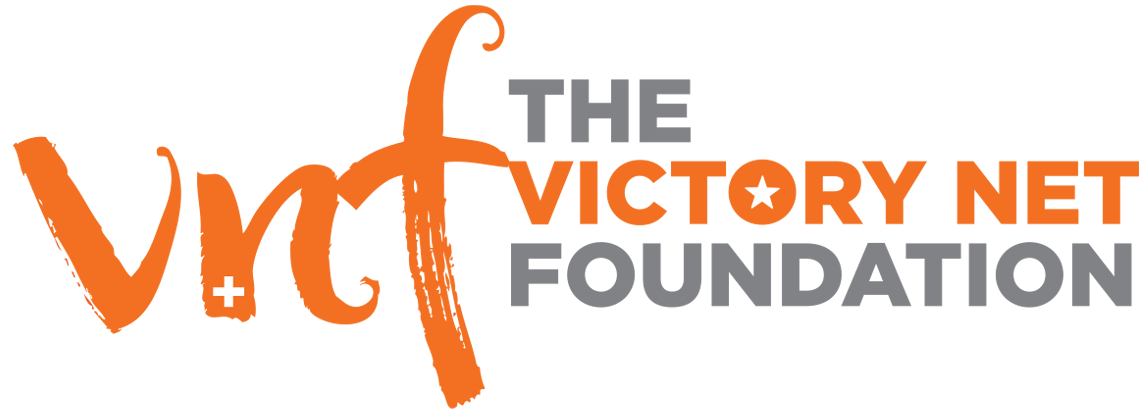das Advince-Virus
DAS ABENTEUER ADVINCE
Seit 2008 arbeiten Professor Magnus Essand und sein Forschungsteam der Abteilung für Immunologie, Genetik und Pathologie an der Universität Uppsala (Schweden) an einem völlig neuen Ansatz zur Behandlung von neuroendokrinen Tumoren (NET).
AdVince ist eine NET-Behandlung (onkolytische Immuntherapie), die an der Universität Uppsala entwickelt wird. Benannt ist es nach einem Adenovirus (einem harmlosen Erkältungsvirus) und Vince Hamilton, dem Mitbegründer der VictoryNET Foundation und großzügigen Spender, der es den Forschern der schwedischen Universität im Rahmen der ersten von Alexander Masters geleiteten Finanzierungsrunde ermöglichte, ihre Arbeit an der NET-Therapie fortzusetzen.
Diese Behandlung besteht aus der Impfung mit einem onkolytischen Virus, das sich bei der Zerstörung von NET bei Mäusen als wirksam erwiesen hat und sich derzeit in der Testphase beim Menschen befindet, deren Ergebnisse sehr ermutigend sind.
Es wurde speziell entwickelt, um die Krebszellen, die NET verursachen, zu infizieren und abzutöten. Mit diesem Impfverfahren soll das Immunsystem stimuliert und dazu angeregt werden, die mit diesem Virus infizierten Zellen anzugreifen, sodass der Körper des Patienten am Kampf gegen die Krebszellen teilnimmt. Krebszellen werden vom Immunsystem des Betroffenen normalerweise nicht entdeckt, da sie nicht als schädlich für den Körper erkannt werden und daher nicht die üblichen Abwehrmechanismen auslösen. Das onkolytische Virus infiziert und vermehrt sich in den Krebszellen, die schließlich aufplatzen und große Mengen neuer Viren freisetzen. Diese infizieren wiederum benachbarte Krebszellen und so weiter.
AdVince ist Gegenstand der allerersten medizinischen Studie, die mehrheitlich von einem einzigen Patienten finanziert wurde und die es heute anderen Patienten ermöglicht, das Forschungs- und klinische Studienprogramm zu absolvieren.
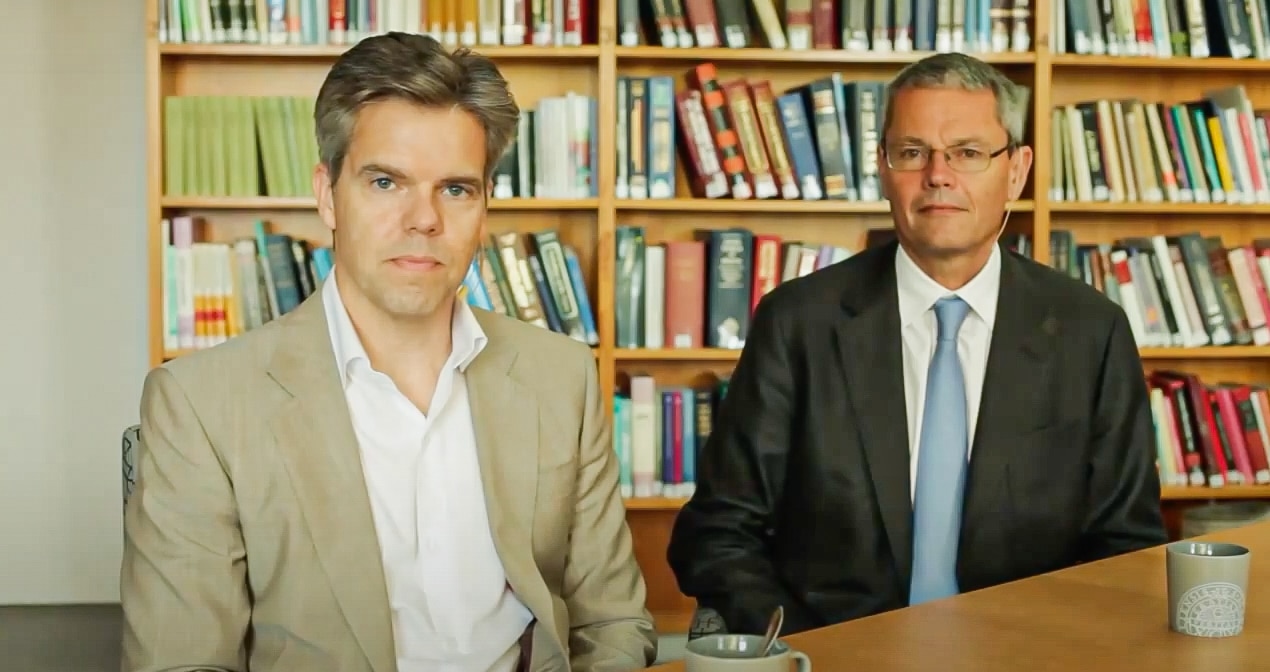
The Oncolytic Virus Fund - Uppsala University, Sweden
Professor Magnus Essand at Uppsala University has received a donation from entrepreneur Vince Hamilton of two million Swiss franc (CHF), the equivalent of just over two million US dollars. The donation will be used to launch the world’s first clinical trials with an oncolytic virus designed to specifically target neuroendocrine tumours.
Vanity virus cures fund gap for medical research
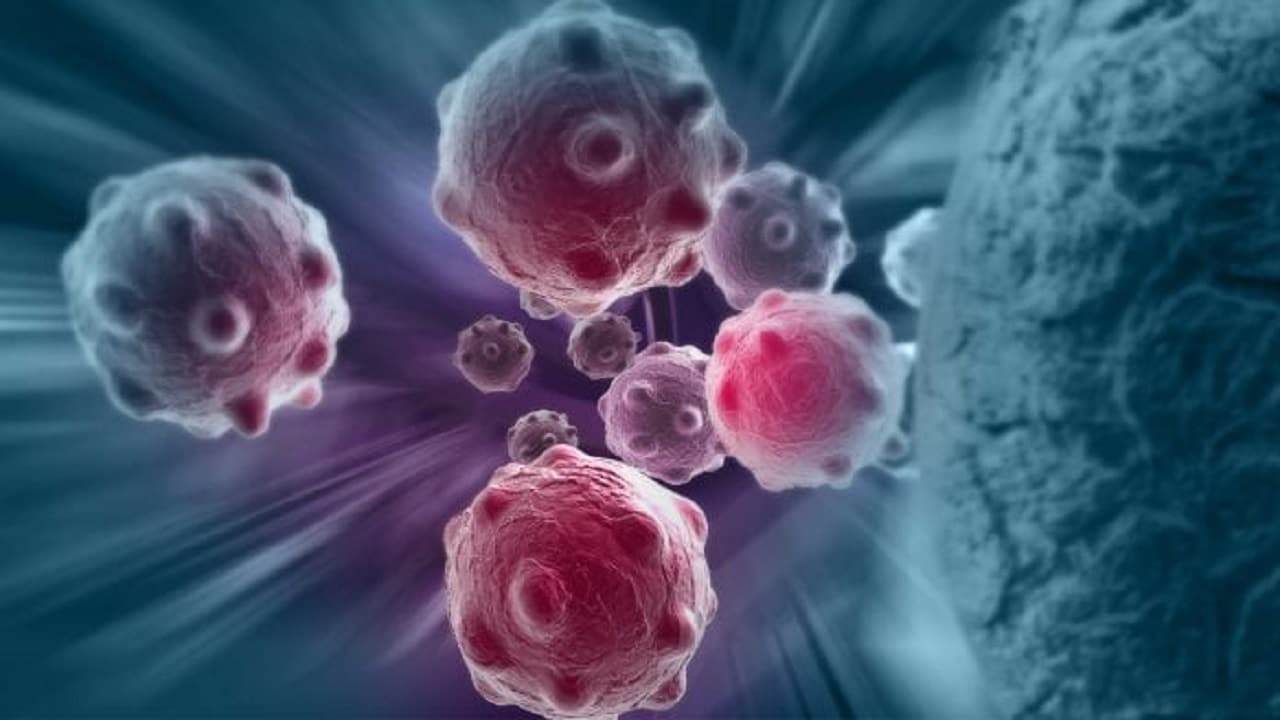
Vince Hamilton leaned forward across the breakfast table at the Haymarket hotel in London in early 2014 and described the parallels between prospecting for oil and discovering a new medical treatment. Both take a long time, considerable money and have a low probability of success. “You hope that time is on your side,” he said.
Scientists offer to name cancer drug for £1m
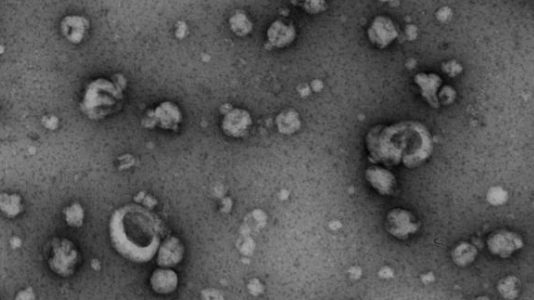
It is the gift for those who have everything. Swedish medical researchers are offering to name an experimental cancer drug after anyone willing to donate £1m to fund their work.
Finally given hope...by the kindness of strangers

When Harrison Smith finished his first triathlon, it was not the fact he was only eight years old that was amazing.
It was that his father, Alex, had carried him throughout — swimming him through 2.3 miles of cold, Danish water; towing him 112 miles on the back of his bike; and pushing him in a buggy for the final 26-mile marathon run.
The whole story of ADVINCE
by Alexander Master
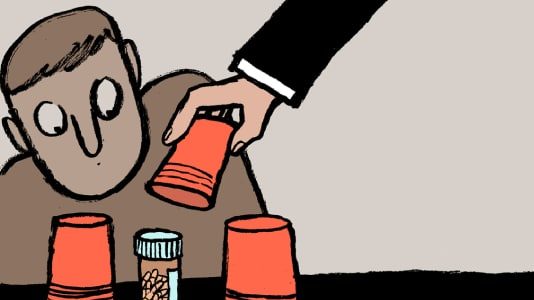
If mega-rich people could buy places on clinical trials, would this help drive forward the development of new treatments that could benefit everyone? Alexander Masters thinks it might just work.
Status update: AdVince – a potential treatment for neuroendocrine cancer
A status update on the crowdfunded clinical trials of AdVince, a genetically engineered virus which targets and kills neuroendocrine cancer cells.
iCancer: closing the net around cancer by getting the public involved
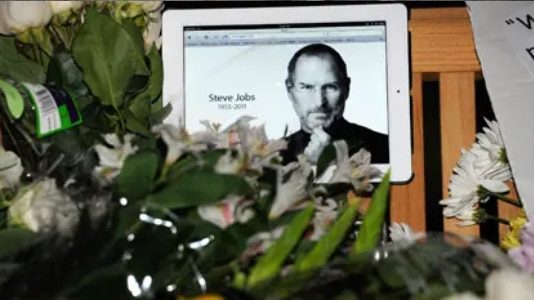
The iCancer campaign uses social media to raise money for a Swedish lab to develop its novel therapy, but it raises important questions about public involvement in funding decisions
AdVince - The Inspiring Story About Human Will and the World's First Crowdfunded Cancer Drug
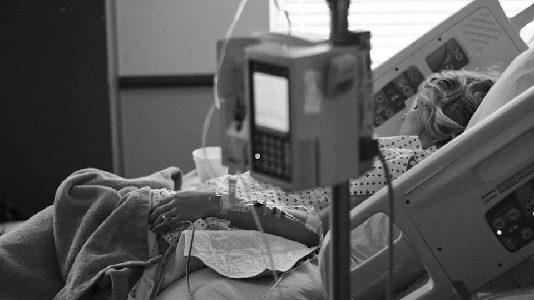
Cancer – the word itself is enough to invoke dread in our hearts. According to the National Cancer Institute, cancer is among the leading causes of death worldwide. In 2012, there were 14 million new cases and 8.2 million cancer-related deaths worldwide.
The people's cure for cancer: crowdfunding experimental treatments

A plump, healthy looking man with a fresh haircut, wearing a white T-shirt, he looks like someone who rows out into misty forest lakes to catch a fish for breakfast. He has two children, six grandchildren and not much time.
The Only crowd-funded cancer drug trial in history
“The most successful medical crowdfunding campaign in web history” – Financial Times
“Science goes viral” – Financial Times
WER SIND WIR
- © 2022 Victory Net Foundation
- Rechtliche Hinweise
- Designed by webgeneve
- © 2022 Victory Net Foundation
- Rechtliche Hinweise
- Designed by webgeneve
